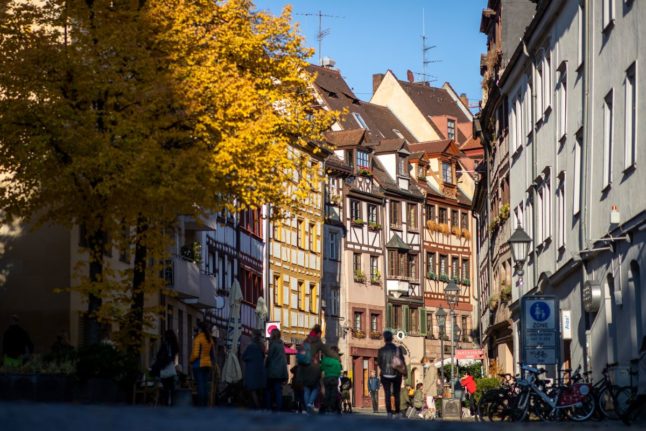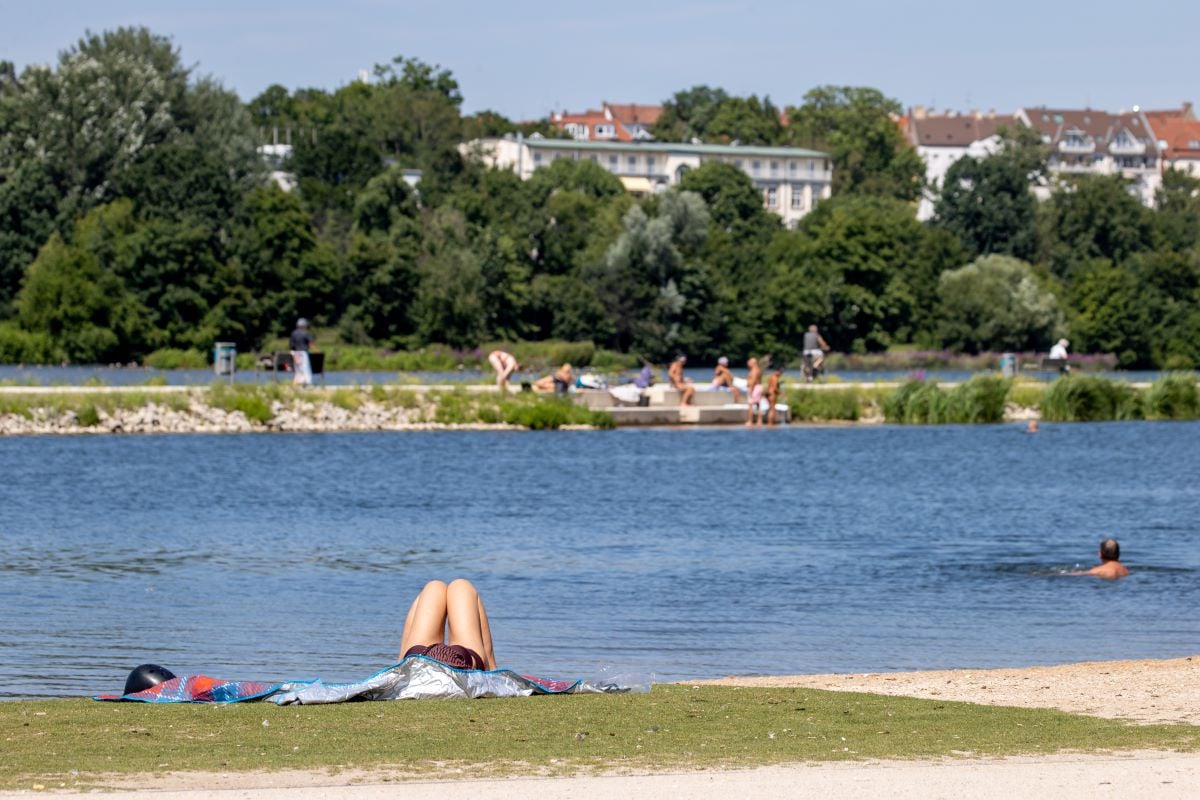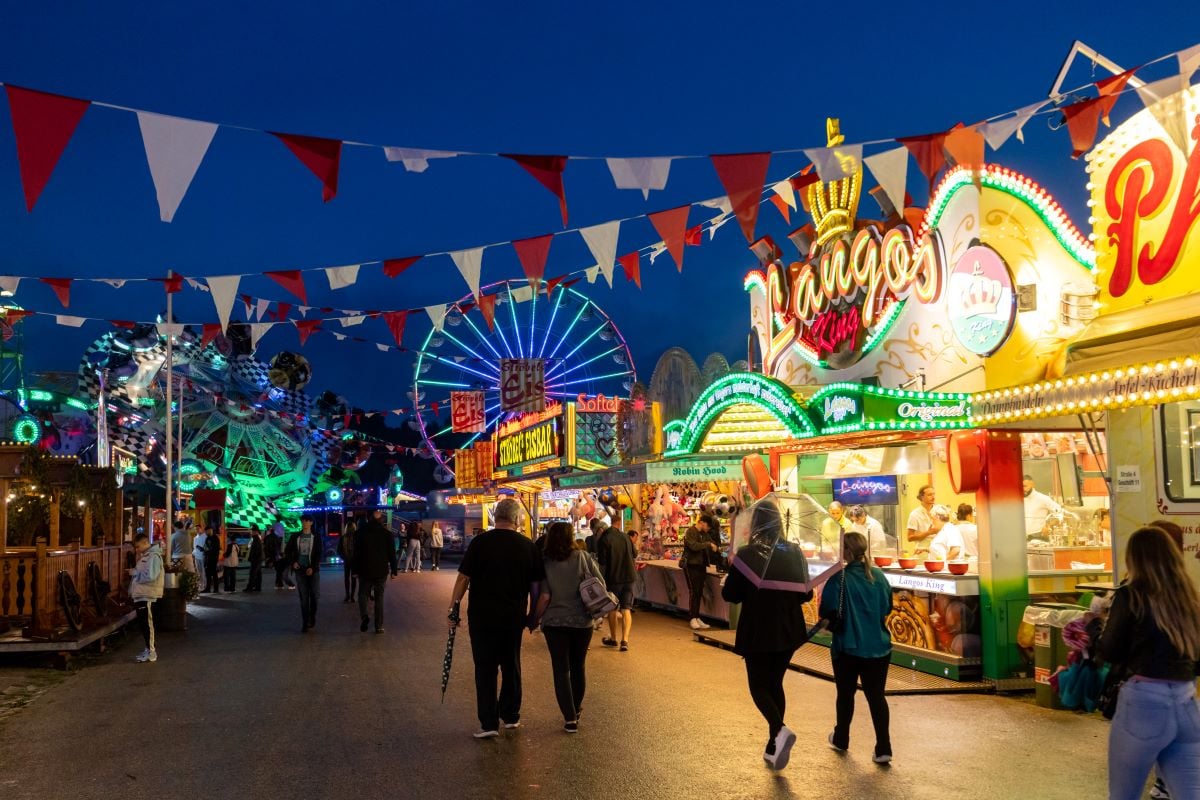Andreas Quentin said authorities believed the two suspects, detained August 6 and 13, burned the body in a crematorium under a false name after a dispute over a business deal.
The mass-market German daily Bild reported that in the summer of 2005, the victim, identified as 43-year-old Erich W., sold his funeral home to Michael S., 52, a competitor in Erlangen.
A dispute over the sale price arose when Michael S. proved unable to come up with the sum. He then arranged a meeting with Erich W. to discuss the deal.
“A second suspect arrived at the meeting in April 2007, but the parties were unable to reach an agreement, and the seller disappeared after that,” Quentin told AFP.
“We believe the buyer and his accomplice killed the seller of the funeral parlour and disposed of his body.”
Bild alleged the suspected accomplices put the cadaver in a coffin and took it in a hearse to a private crematorium nearby to burn it under a false name printed on the death certificate of another person.
Michael S. allegedly threw the ashes to the wind. The police searched his funeral home and found the remains of the man whose name was on the death certificate used when Erich W.’s body was cremated.
He and his alleged accomplice face life in prison if convicted.
The newspaper called the story “the stuff of a Hollywood thriller”.





 Please whitelist us to continue reading.
Please whitelist us to continue reading.